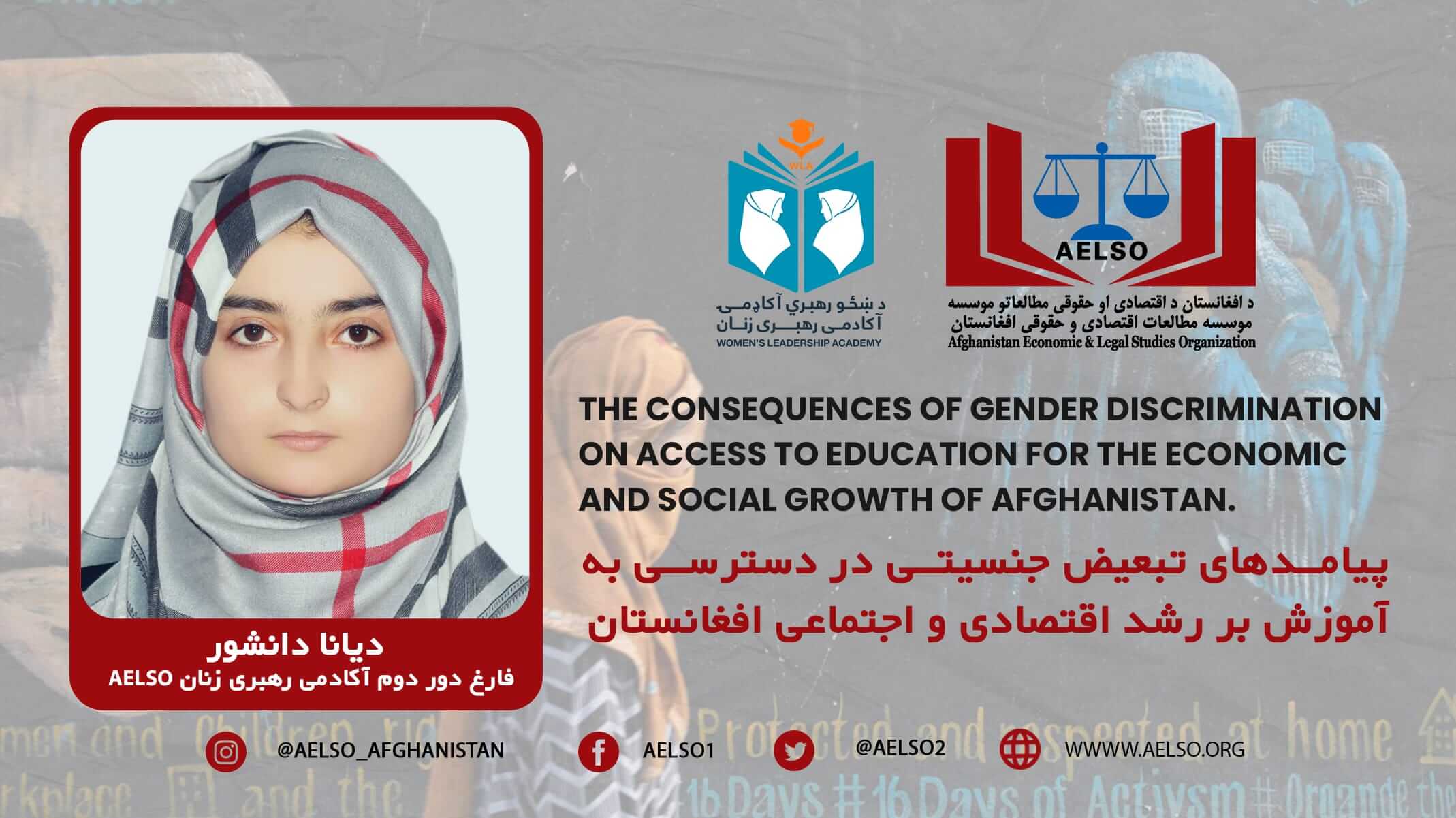
The Consequences of Gender Discrimination on Access to Education for the Economic and Social Growth of Afghanistan.
Gender discrimination in education acts as a significant barrier to economic and social growth. Following the Taliban’s takeover in 2021, gender discrimination in Afghan women’s and girls’ education became a major national and international concern. Therefore, studying the consequences of gender discrimination in access to education is of paramount importance. This research employed a mixed-method approach (field and library research) in which online questionnaires were randomly distributed to 395 respondents across 34 provinces in Afghanistan, using the stratified random sampling method and the Yamane formula. SPSS was used for data analysis, indicating a good reliability of the data (0.836) as per the Cronbach’s alpha test. The Pearson correlation coefficient showed a significant relationship between gender discrimination in access to education and various variables, except for one variable (Islam), with some variables showing a positive correlation and others a negative one. The regression analysis revealed an adjusted R-squared value of 0.420, meaning that the independent variables could predict 42% of the variance in the dependent variable. The level of significance demonstrated that the relationship between the research variables and economic and social growth is meaningful. Ultimately, gender discrimination in access to education has negative consequences, leading to a reduction in the country’s economic and social growth.
Keywords: Afghanistan, gender discrimination, women, education, economic growth, social growth.